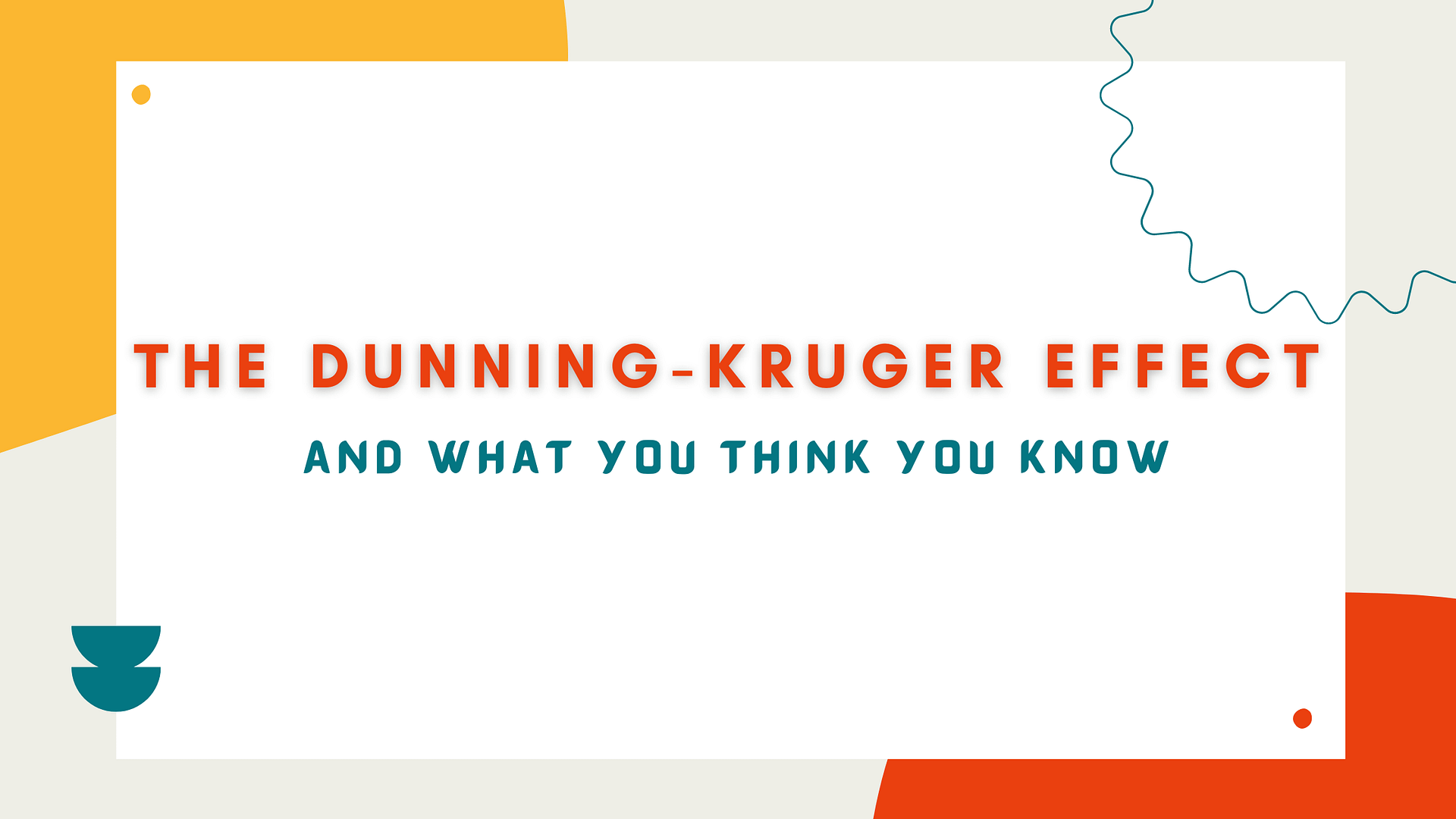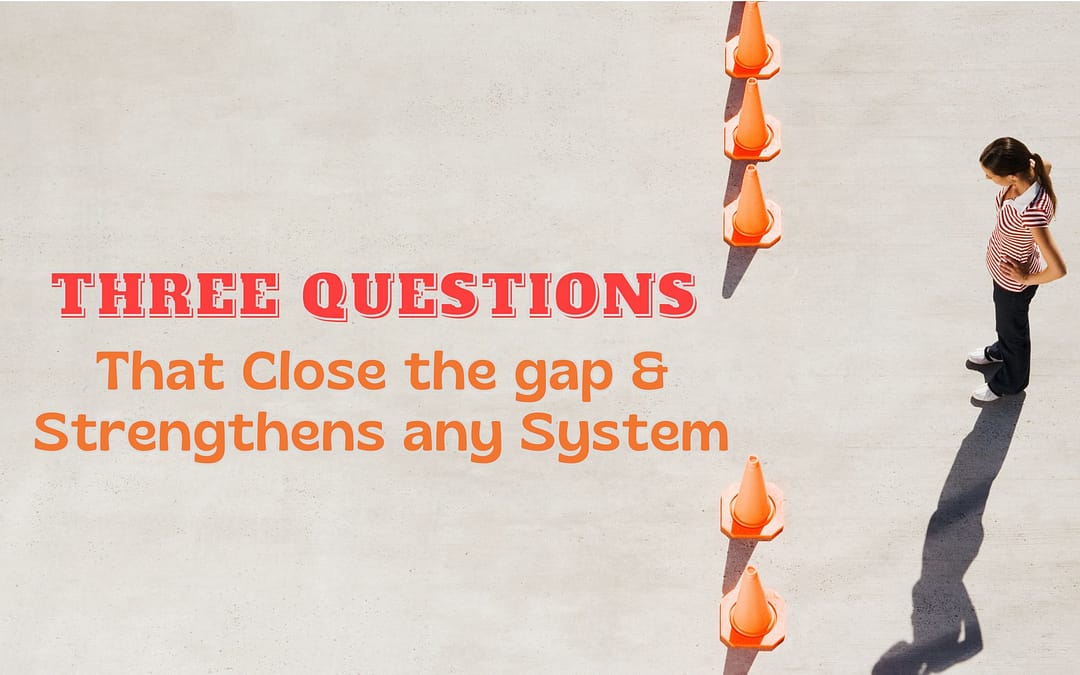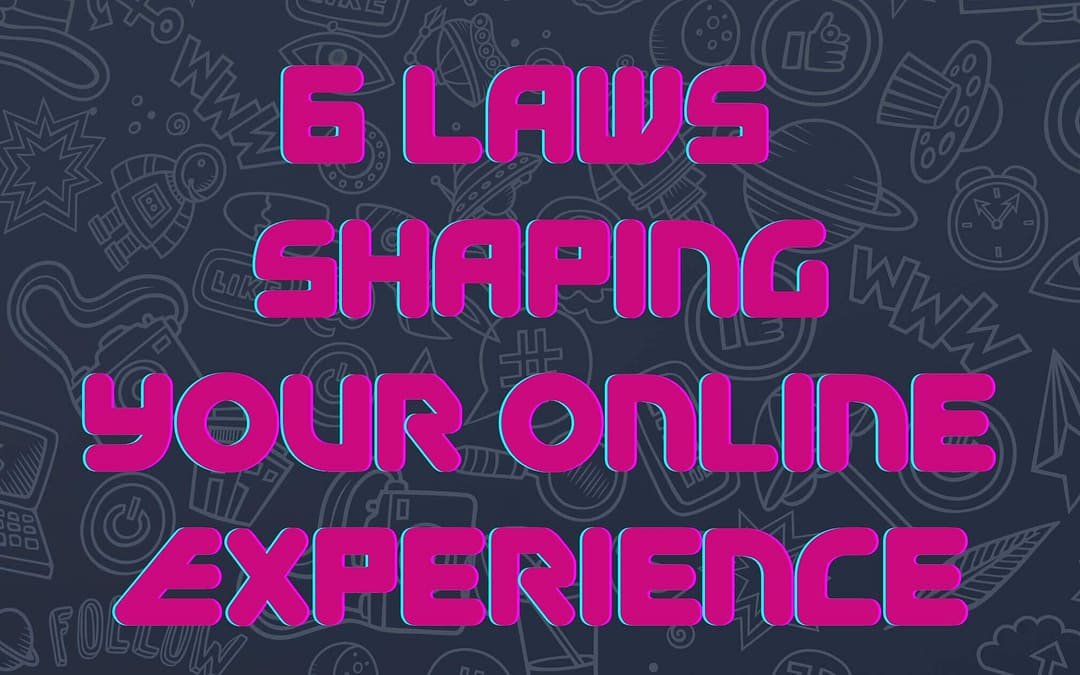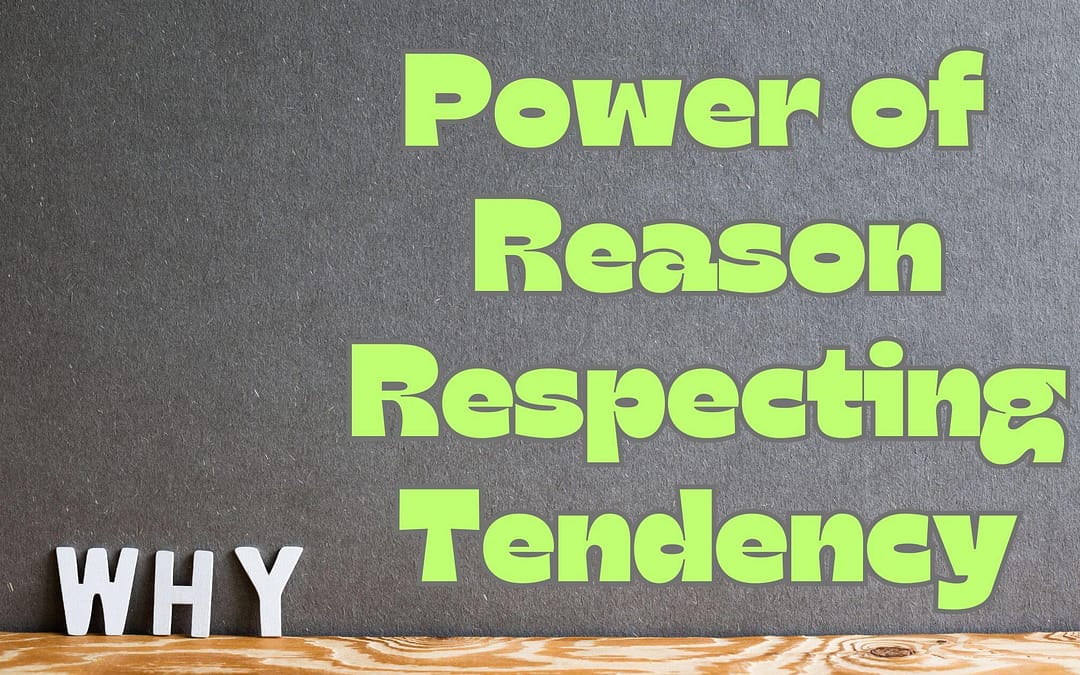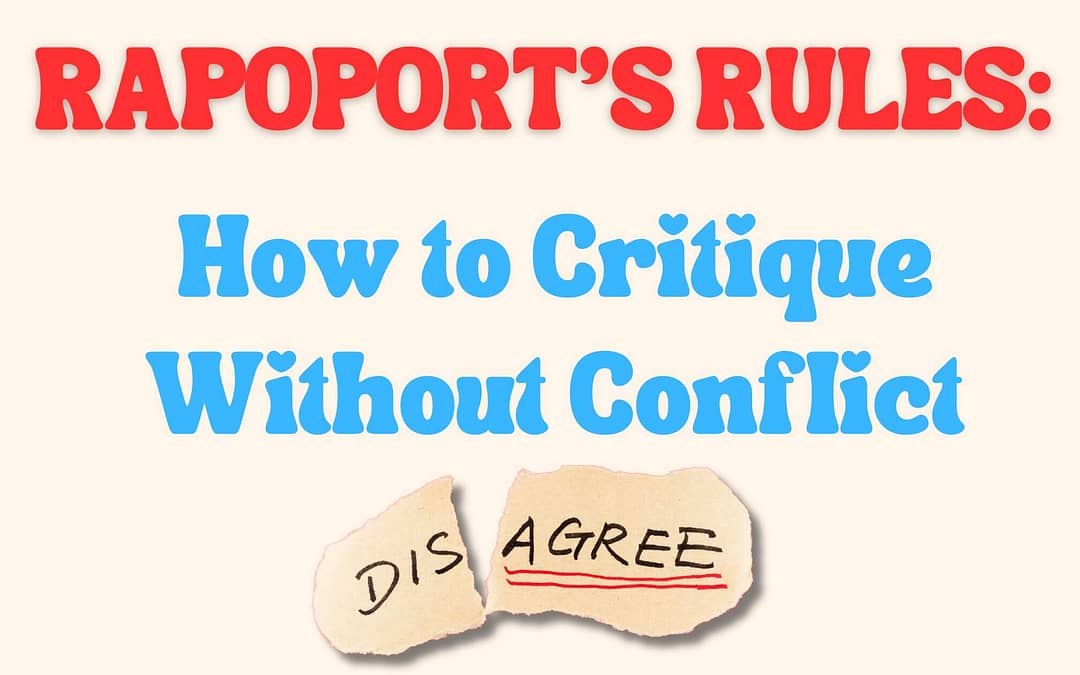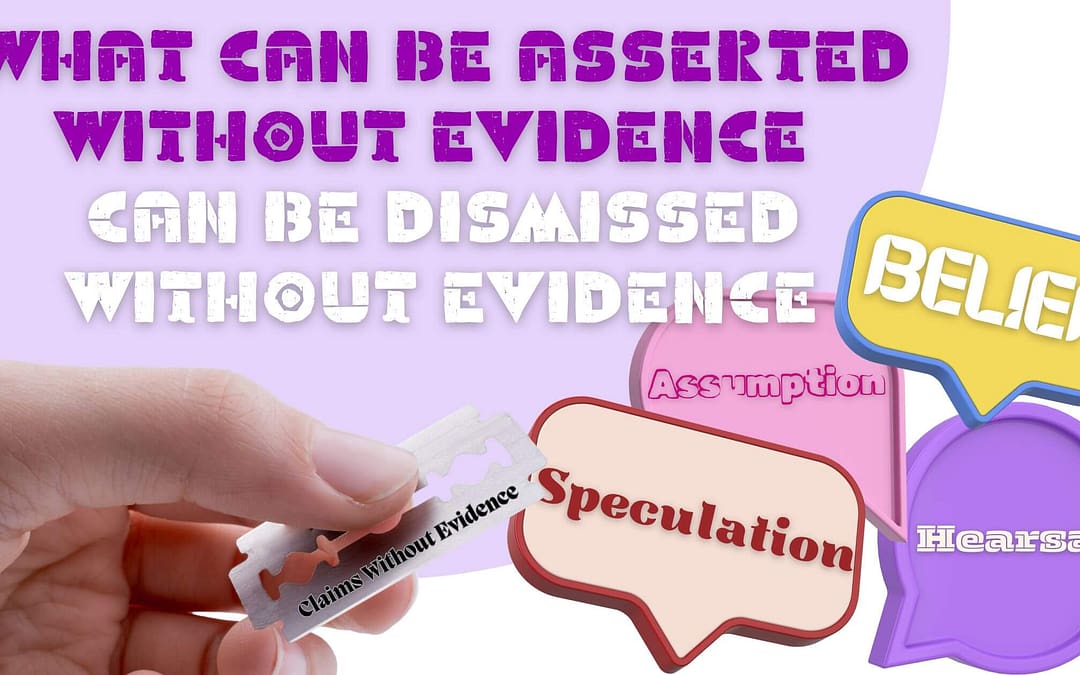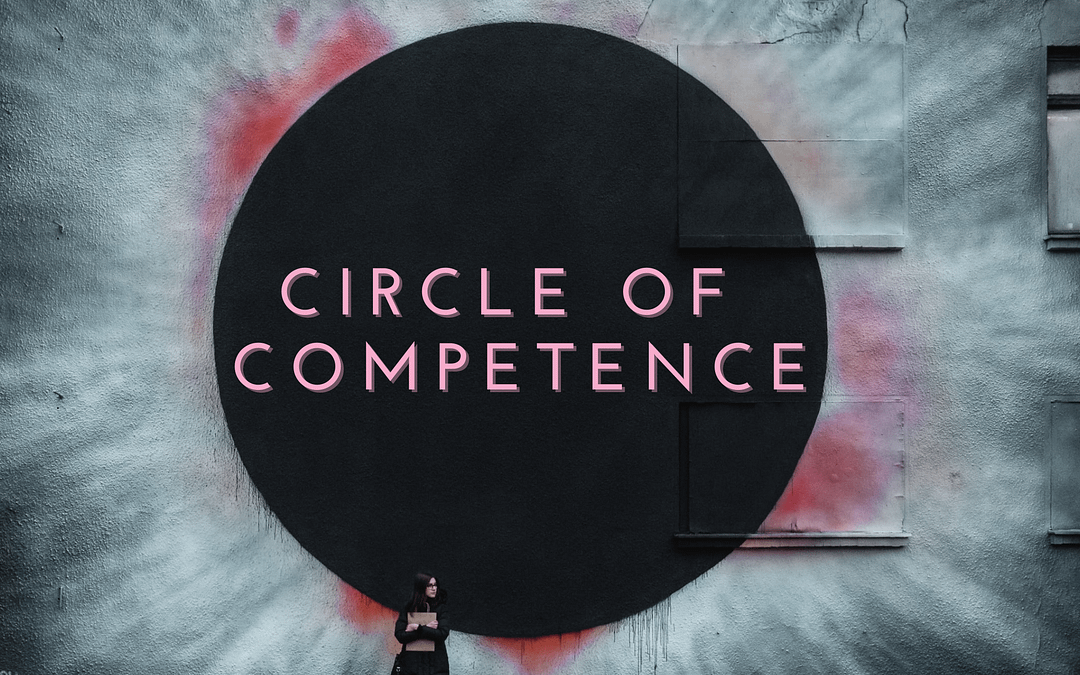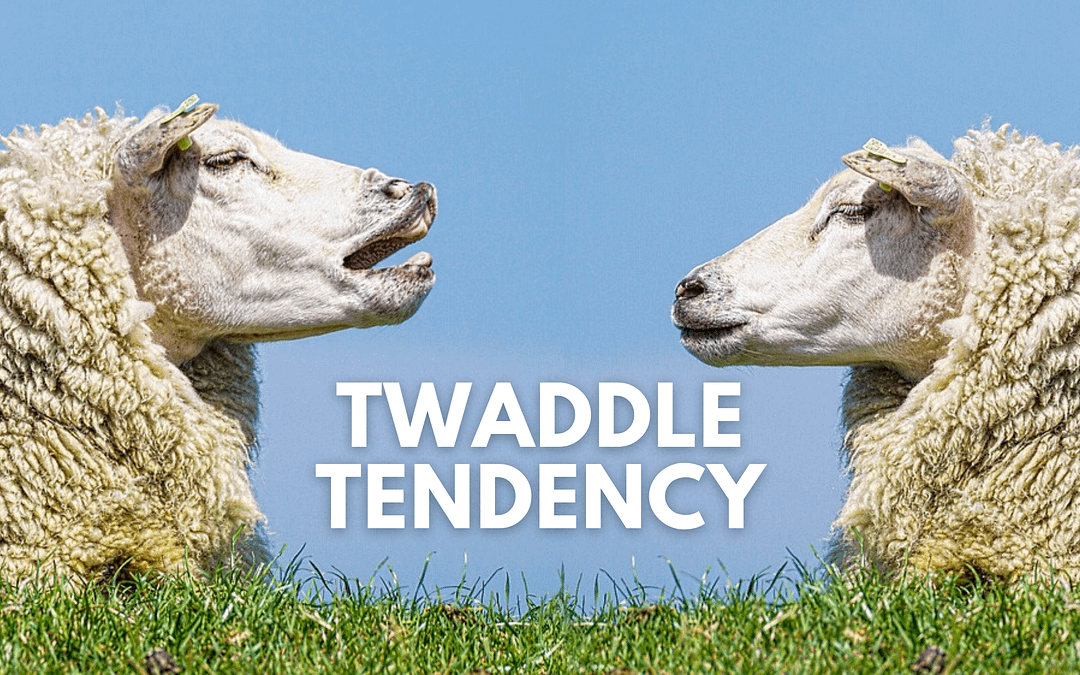What is the Dunning-Kruger effect? To put it simply, it’s the correlation of excess confidence to limited knowledge. It also shows a correlation for lower confidence in more capable people.
Ironically, people overestimate their knowledge about the Dunning-Kruger effect too. Take a look at these two graphs.

The first, shows a popular understanding of the effect. It shows a neat curve while the second tells a different story. The key difference is in understanding the perceived confidence of incompetent people. If someone only has a very limited knowledge on a subject, it’s true they might overestimate their ability, but they won’t say they are the best. In the graph from the actual paper, confidence seems to increase with actual test scores.
The graph is only making the point that people overestimate their abilities, not that they jump to the conclusion they know everything when they know very little about something.
What is the Dunning-Kruger Effect?
The Dunning-Kruger effect comes from a study done by Dunning and Kruger in Cornell University.
They tested individuals on their perceived knowledge and actual scores in grammar, logic, and sense of humor.
The overall effect was that those who scored the lowest, severely overestimated their abilities, while those with higher scores overestimated the abilities of others.
A misconception is that this must happen to less intelligent people. The reality is that it happens to everyone. We are all predisposed to believing we are right and defending this idea in light of contradictory evidence.
What this measures is an individual’s ability in metacognition. This is when you think about the way you think, analyzing your shortcomings and irrationalities. Only when you have sufficient metacognition skills can you really begin to make improvements and graduate from a state of incompetence.
This also means that incompetent people will continue to perform poorly because they can’t really understand how poorly they are performing. True progress comes from learning through the actions of others, and correcting your mistakes. You can’t do these things if you have the full confidence in your own abilities, or are unwilling to improve and change insufficiencies.
Let’s Take an Everyday Example: Learning to Drive
The Dunning-Kruger Effect is when people with little knowledge about something think they know a lot. Then, as they learn more, they realize how much they don’t know before finally becoming experts with real confidence.
Now, let’s break this down with learning to drive—something almost everyone can relate to!

Mount Stupid (Peak of Overconfidence)
- Day 1: First Driving Lesson
- You didn’t crash, so you think: “I got this! Driving is easy!”
- You feel like a pro already. Confidence is sky-high!
Valley of Despair (Reality Hits Hard)
- After a Few Weeks: Highway Driving, Traffic, and Parking Nightmares
- Suddenly, you realize: “Oh no… Driving is actually really hard.”
- Confidence plummets as you face real-world challenges.
- You might even think, “Maybe I’m just bad at this…”
The Dunning-Kruger Zone (Climbing Out of the Dip)
- Months of Practice: Slowly Getting the Hang of It
- You don’t panic at lane changes anymore.
- You start to understand how to predict traffic.
- You say: “Okay, I’m not amazing, but I’m improving!“
Slope of Enlightenment (Building Real Skills)
- After More Experience: Things Start to Click
- You understand the rules, react calmly, and drive with skill.
- You think: “I’m a good driver, but there’s always more to learn.“
- Your confidence grows again, but now it’s based on real ability.
Plateau of Sustainability (True Mastery)
- Years Later: Driving Feels Natural
- You can parallel park like a pro, drive in any weather, and avoid reckless drivers.
- You don’t feel the need to prove anything—you just drive well.
- Confidence and skill are finally balanced.
So, What’s the Lesson?
The Dunning-Kruger Effect is like learning to drive:
- Beginners think they’re amazing.
- A little experience shows them they’re not.
- Real skill brings confidence—but not arrogance.
We all go through this curve in different areas of life. The key? Keep learning, stay humble, and enjoy the ride!
How do we overcome the Dunning-Kruger effect?
- Question how well you know something
- If you are confident, why are you confident?
- Seek out expert advice and knowledge
- Get comfortable with the possibility you could be wrong
- Be willing to always learn more about something— don’t set limits to what you should learn
You should never be 100% confident about anything. If you are, then that should serve as a red flag. I don’t want to get overly philosophical here, but anything can be proven to be unknowable. How can you even be sure you’re reading this right now? Can this be a dream, or some kind of illusion? Probably not, but it’s not impossible.
To avoid falling into the Dunning-Kruger trap, always accept the possibility you could be wrong and be willing to listen to contradictory evidence. Don’t justify anything to save your ego, or the idea you are always right. This mental model is a practice in humility as much as it is in metacognition.
The Loudest Voice in the Room
There are many drawbacks to the Dunning-Kruger effect. The loudest person in the room usually receives the most attention. This leaves the people who actually know what they’re talking about out of the conversation and away from the decision making process.
This means more incompetent people will make decisions than the people who know enough to do better. A lot of people oversimplify the Dunning-Kruger effect by saying not to be confident. But for those who are actual experts, I say speak up. If you have assessed your knowledge as objectively as you can and still come to the conclusion you know better, then you should be part of the decision making process.
You should do this especially if you know the incompetent person is wrong. This probably won’t be easy, and you won’t even be able to win them over with real knowledge, but it’s always worth trying. Be patient and understand these kinds of individuals might really believe what they are saying.
Now you know… or do you?
Everyone is capable of thinking they know more than they really do. The smartest people do it all the time. By keeping this mental model in mind, you open yourself up to learn more and do better. We all like to tell ourselves we wouldn’t fall for it and this is exactly what the Dunning-Kruger effect is.

